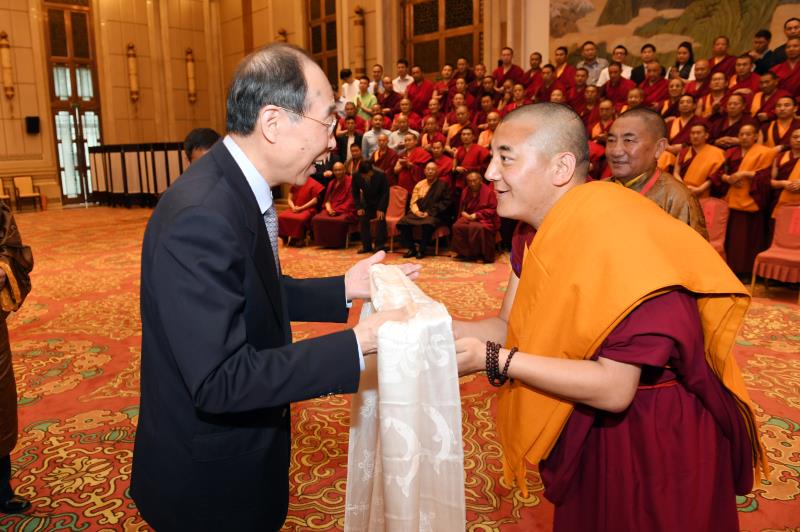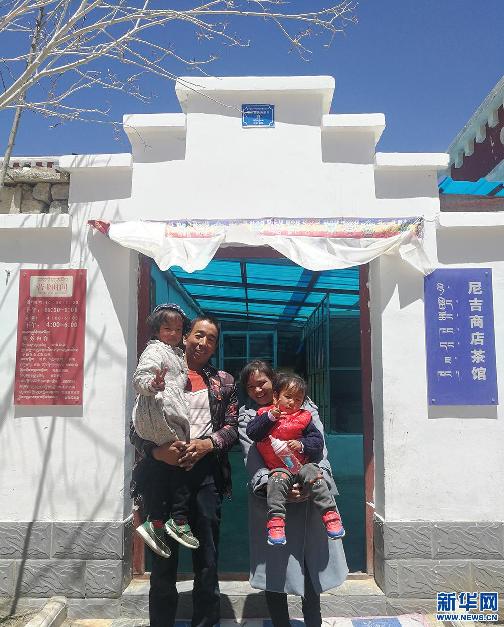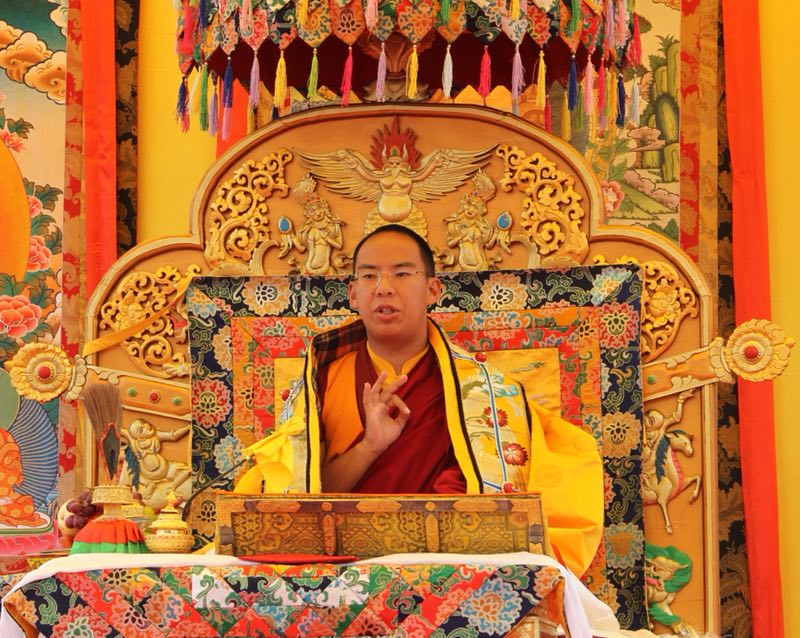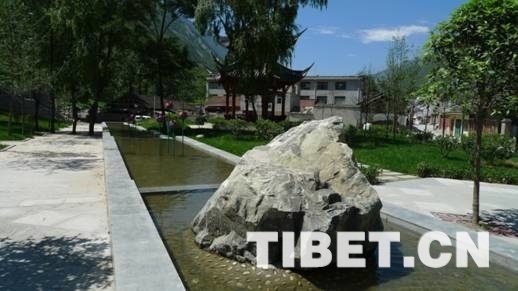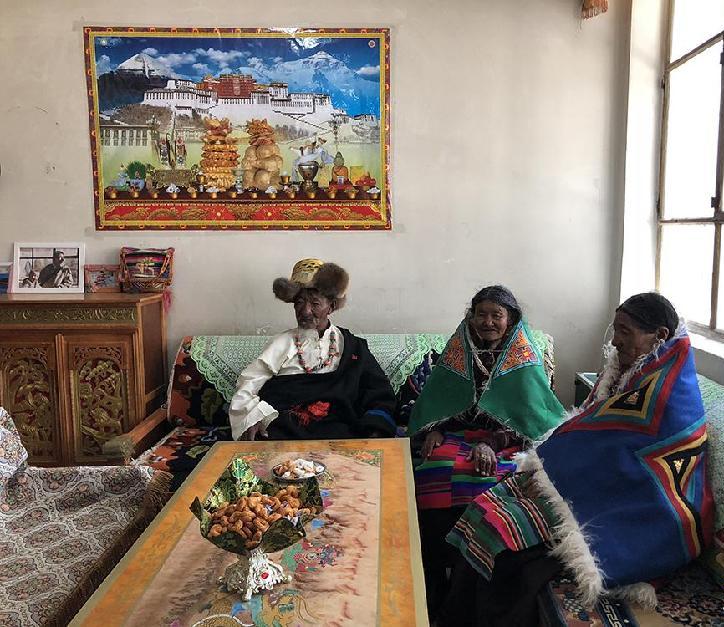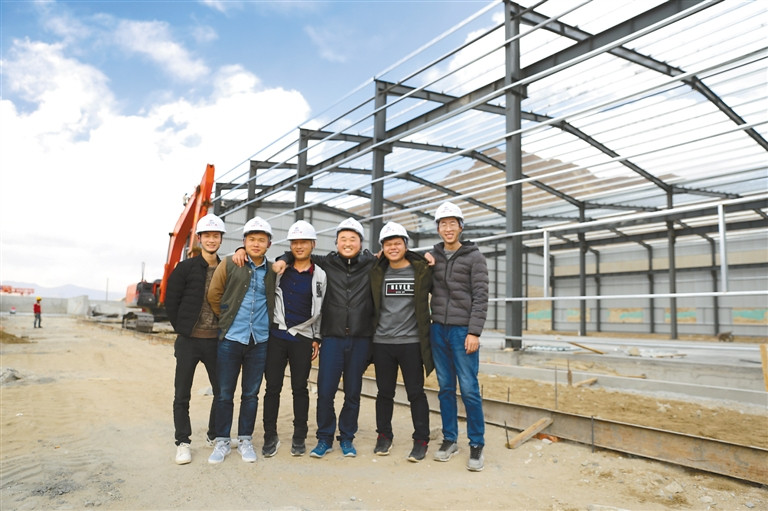Tibet celebrates Saga Dawa Festival, stresses social order
Southwest China's Tibet Autonomous Region is celebrating the traditional Saga Dawa Festival, with authorities providing convenience to locals and calling for more efforts to maintain order.
Lhasa, the capital city of Tibet, is helping more people who turn prayer wheels, which is one of the most popular traditions during the Saga Dawa Festival.
"We have set up convenience service centers… As people pass by, we give water to drink in paper cups," an official in charge of publicity at the Jibenggang sub-district office of Lhasa said on Thursday.
Jibenggang is where a traditional route for prayer wheel turning runs through, and that is why providing convenience is important during the festival, said the office, adding that these measures will be in place for the entire festival from May 15 to June 15.
Doctors will provide free medical services to senior citizens. The local government also gives away flyers on festive events and provides fire safety advice.
Tibet is also doing its best to maintain order during the Saga Dawa Festival, according to a notice published by Lhasa's audit bureau on the Lhasa's People's Government website.
The government calls for enhanced supervision of order and public security during the festival by assigning officials 24 hours a day and prohibiting Party members from taking part in the Saga Dawa religious activities, according to the notice.
"The security measures have improved, especially in important and crowded places during the festival such as the Potala Palace," Xiong Kunxin, a professor at Tibet University, told the Global Times.
The Saga Dawa Festival, an annual festival held from April 1 to 30 in the Tibetan calendar, celebrates Sakyamuni's birth, enlightenment and Nirvana, which Tibetans consider important.
Apart from turning prayer wheels, it is traditionally important for the rich to share their wealth with the poor and make blessings. This is why the Saga Dawa Festival is also called the "poor people's festival," as poor people accept alms on the turning prayer wheel route, Xiong added.
Your Comment
Name E-mail

